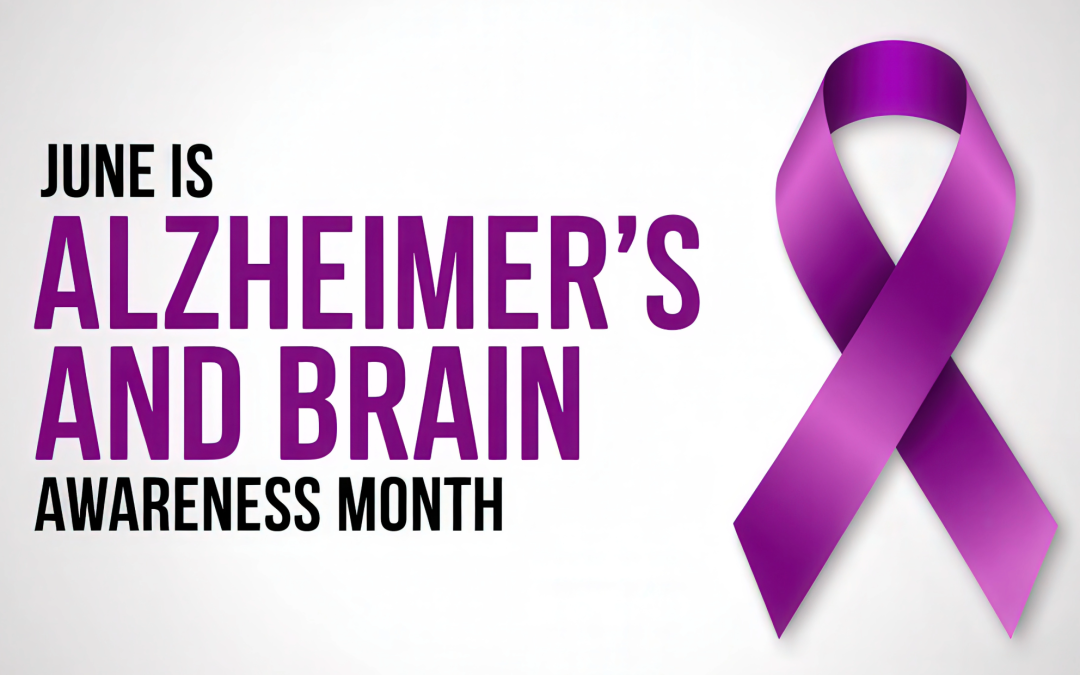Navigating Alzheimer’s: How Medicare Supports Brain Health and Care
June Is Alzheimer’s & Brain Awareness Month. Every June, we shine a spotlight on Alzheimer’s disease and other forms of dementia to raise awareness about brain health, early detection, and the importance of accessible care. With millions affected by cognitive decline, it’s essential to understand how programs like Medicare provide critical support for those living with Alzheimer’s and their families.
Understanding Alzheimer’s and Its Impact
Alzheimer’s is the most common type of dementia, responsible for 60–80% of cases. It’s a progressive neurological disorder that impairs memory, thinking, and behavior. While there is currently no cure, early diagnosis and proper care can significantly improve quality of life.
Key Facts:
-
Alzheimer’s symptoms include memory loss, confusion, difficulty completing familiar tasks, and personality or behavior changes.
-
Age is the leading risk factor, but genetics, lifestyle, and overall health also contribute.
-
Treatment focuses on slowing the disease’s progression, managing symptoms, and providing cognitive and emotional support.
How Medicare Helps Individuals with Alzheimer’s
Medicare plays a vital role in ensuring those with Alzheimer’s have access to the care and services they need. Here’s how Medicare supports individuals and families managing this condition:
1. Cognitive Screenings – Medicare Part B includes an annual wellness visit with cognitive assessments to detect early signs of decline.
2. Specialist and Primary Care – Visits to primary care providers, neurologists, and other specialists are covered to support diagnosis and ongoing management.
3. Prescription Medication – Medicare Part D and many Medicare Advantage plans cover drugs commonly prescribed to manage Alzheimer’s symptoms.
4. In-Home Health Services – Qualified individuals may receive covered home health care including skilled nursing, physical therapy, and personal care support.
5. Mental Health & Caregiver Resources – Medicare offers therapy, counseling, and caregiver training—supporting both patient and family well-being.
6. Skilled Nursing and Hospice Care – For advanced stages, Medicare provides access to skilled nursing facilities and comprehensive hospice care for comfort and dignity.
Take Action During Alzheimer’s & Brain Awareness Month
Now is the time to educate yourself and others, advocate for support and research, and prepare for the future. Click here to learn about the 10 Early Signs and Symptoms of Alzheimer’s. Whether you’re facing a diagnosis or supporting a loved one, understanding how Medicare fits into the care journey is critical. We’re here to guide you through your Medicare options and help you build a care plan that meets your needs. Contact us today to schedule a consultation and ensure your Medicare coverage works for you now—and in the future.

